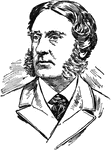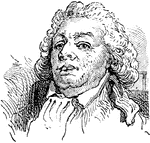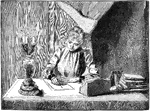
Geoffrey Chaucer
"The writings of Geoffrey Chaucer, who was a contemporary of Wycliffe, show us the character of the…
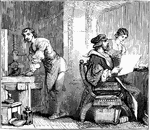
Caxton in the Almonry, Westminster
William Caxton (c. 1415~1422 – c. March 1492) was an English merchant, diplomat, writer and printer.…
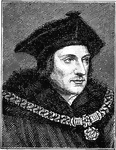
Sir Thomas More
Sir Thomas More (7 February 1478 – 6 July 1535), from 1935 Saint Thomas More, was an English lawyer,…

Sir Thomas More's House, Chelsea
Sir Thomas More (7 February 1478 – 6 July 1535), from 1935 Saint Thomas More, was an English lawyer,…
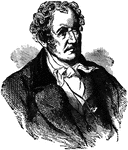
James Fenimore Cooper
James Fenimore Cooper (September 15, 1789 - September 14, 1851) was a prolific and popular American…
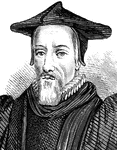
Richard Hooker
Richard Hooker (March 1554 – 3 November 1600) was an Anglican priest and an influential theologian.…
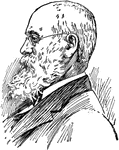
Charles Anderson Dana
Charles Anderson Dana (August 8, 1819 – October 17, 1897) was an American journalist, author,…
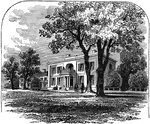
Kalorama
The residence was rechristened "Kalorama", Greek for "beautiful view", by its new owner, American author…
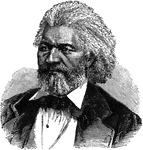
Frederick Douglass
Frederick Douglass (born Frederick Augustus Washington Bailey, February 14, 1818 – February 20,…
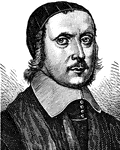
Bishop Jeremy Taylor
Jeremy Taylor (1613 – 13 August 1667) was a clergyman in the Church of England who achieved fame…
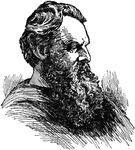
James Thomas Fields
James Thomas Fields (December 31, 1817 – April 24, 1881) was an American publisher and author.
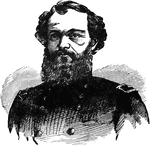
Quincy Adams Gillmore
Quincy Adams Gillmore (February 25, 1825 - April 11, 1888) was an American civil engineer, author, and…
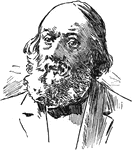
Edward Everett Hale
Edward Everett Hale (April 3, 1822 - June 10, 1909) was an American author and Unitarian clergyman.
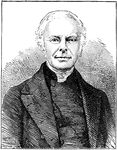
Reverend John Keble
John Keble (25 April 1792 – 29 March 1866) was an English churchman, one of the leaders of the…
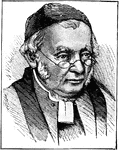
Rev. Edward Bouverie Pusey
Edward Bouverie Pusey (22 August 1800 – 16 September 1882), was an English churchman and Regius…
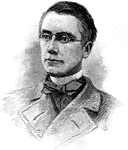
Morgan Dix
Morgan Dix (born November 1, 1827 in New York City; died April 29, 1908) was an American priest, "divine"…
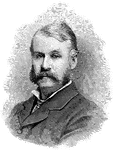
Sir William Gilbert
Sir William Schwenck Gilbert (18 November 1836 – 29 May 1911) was an English dramatist, librettist,…
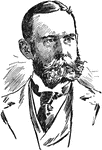
John Milton Hay
John Milton Hay (October 8, 1838 - July 1, 1905) was an American statesman, diplomat, author, journalist,…
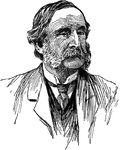
Thomas Wentworth Higginson
Thomas Wentworth Higginson (December 22, 1823 - May 9, 1911) was an American minister, author, abolitionist,…
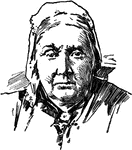
Julia Ward Howe
Julia Ward Howe (May 27, 1819 - October 17, 1910) was a prominent American abolitionist, social activist,…
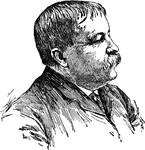
William Dean Howells
William Dean Howells (March 1, 1837 - May 11, 1920) was an American realist author and literary critic.
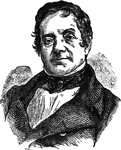
Washington Irving
Washington Irving (April 3, 1783 – November 28, 1859) was an American author, essayist, biographer…
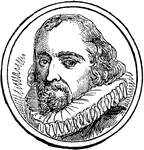
Lord Bacon
Francis Bacon, 1st Viscount St Alban KC QC (22 January 1561 – 9 April 1626) was an English philosopher,…
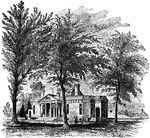
Monticello, Jefferson's Home
Monticello, located near Charlottesville, Virginia, was the estate of Thomas Jefferson, the principal…
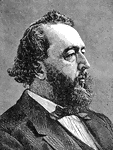
Bayard Taylor
Bayard Taylor (James) (January 11, 1825 – December 19, 1878) was an American poet, literary critic,…
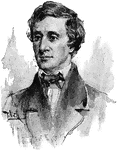
Henry David Thoreau
Henry David Thoreau (born David Henry Thoreau; July 12, 1817 – May 6, 1862) was an American author,…
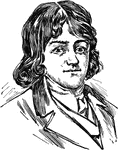
Francis Scott Key
Francis Scott Key (August 1, 1779 – January 11, 1843) was an American lawyer, author, and amateur…
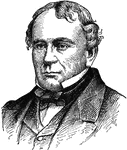
Francis Lieber
Dr. Francis Lieber (March 18, 1800 – October 2, 1872) was a German-American jurist and political philosopher.…
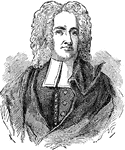
Cotton Mather
Cotton Mather was a socially and politically influential New England Puritan minister, prolific author,…
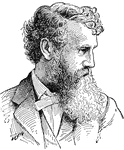
John Muir
John Muir (April 21, 1838 – December 24, 1914) was a Scottish-born American naturalist, author,…
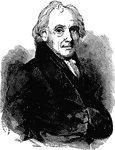
Mason Locke Weems
Mason Locke Weems (October 11, 1756 – May 23, 1825), generally known as Parson Weems, was an American…
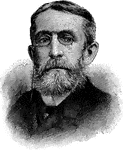
Andrew Dickson White
Andrew Dickson White (November 7, 1832 – November 4, 1918) was a U.S. diplomat, author, and educator,…
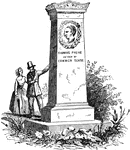
Paine's Monument
The monument in honor of Thomas Paine, the author, revolutionary, and intellectual of the American Revolution.
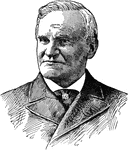
Francis Parkman
Francis Parkman (September 16, 1823 – November 8, 1893) was an American historian, best known…
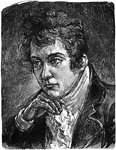
John Howard Payne
John Howard Payne (9 June 1791 - 10 April 1852) was an American actor, playwright, author and statesman.…
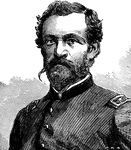
James Harrison Wilson
James Harrison Wilson (September 2, 1837 – February 23, 1925) was a United States Army topographic…
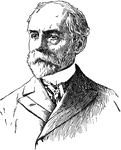
Whitelaw Reid
Whitelaw Reid (October 27, 1837 – December 15, 1912) was a U.S. politician and newspaper editor, as…
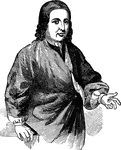
Nicolaus Ludwig Zinzendorf
Nikolaus Ludwig von Zinzendorf und Pottendorf, Imperial Count of Zinzendorf and Pottendorf, (May 26,…
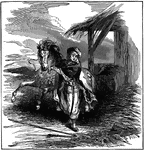
Smith's Escape from Slavery
Captain Sir John Smith (c. January 1580–June 21, 1631) Admiral of New England was an English soldier,…
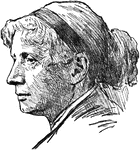
Harriet Elizabeth Beecher Stowe
Harriet Beecher Stowe (June 14, 1811 – July 1, 1896) was an American author and abolitionist,…
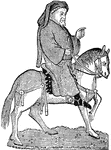
Geoffrey Chaucer
An illustration of Geoffrey Chaucer as a Canterbury pilgrim. Geoffrey Chaucer (c. 1343 – 25 October…
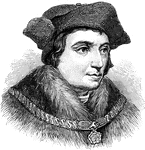
Sir Thomas More
Sir Thomas More (7 February 1478 – 6 July 1535) was an English lawyer, author, and statesman who…
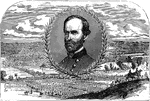
General Sherman
William Tecumseh Sherman (February 8, 1820 – February 14, 1891) was an American soldier, businessman,…
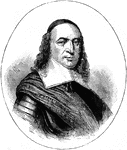
Benjamin Franklin
Benjamin Franklin (January 17, 1706 – April 17, 1790) was one of the Founding Fathers of the United…
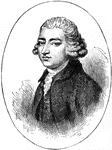
Edmund Burke
Edmund Burke (12 January 1729 – 9 July 1797) was an Irish statesman, author, orator, political…
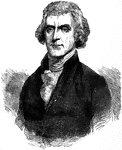
Thomas Jefferson
Thomas Jefferson (April 13, 1743 – July 4, 1826) was the third President of the United States (1801–1809),…
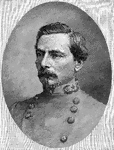
General Pierre Gustave Toutant Beauregard
Pierre Gustave Toutan Beauregard (1818 - 1893) was a Louisiana-born author, civil servant, politician,…
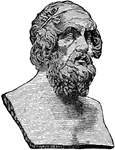
Bust of Homer
Homer is traditionally held to be the author of the ancient Greek epic poems the Iliad and the Odyssey,…

Profile Bust of Thucydides
Thucydides was a Greek historian and author of the History of the Peloponnesian War, which recounts…

Statue of Aristotle
Aristotle was a Greek philosopher, a student of Plato and teacher of Alexander the Great. He wrote on…
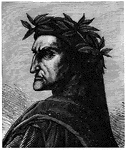
Portrait of Dante
An illustration of a man being knighted on a battle field. Durante degli Alighieri (May/June c.1265…
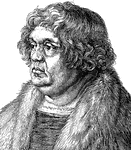
Wilibald Pirkheimer
This is an engraved portrait of Wilibald Pirkheimer a wealthy prominent figure in Nuremburg, Germany.…

Fireplace Sculpture
This fireplace sculpture shows two female figures that are characters from Chaucer's (author/poet) work.…
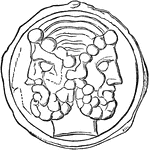
Ondine
Ondines or undines are elementals, enumerated as the water elementals in works of alchemy by Paracelsus.…
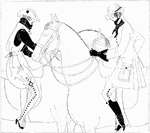
Women on Horses
This is an illustration by English illustrator and author Aubrey Beardsley. It depicts two women on…

Milton's Ode on Christ's Nativity
Milton's Ode on Christ's Nativity is a print that was created by English Painter Albert Moore. It is…
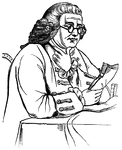
Benjamin Franklin
Benjamin Franklin was one of the Founding Fathers of the United States of America. He was also a noted…
